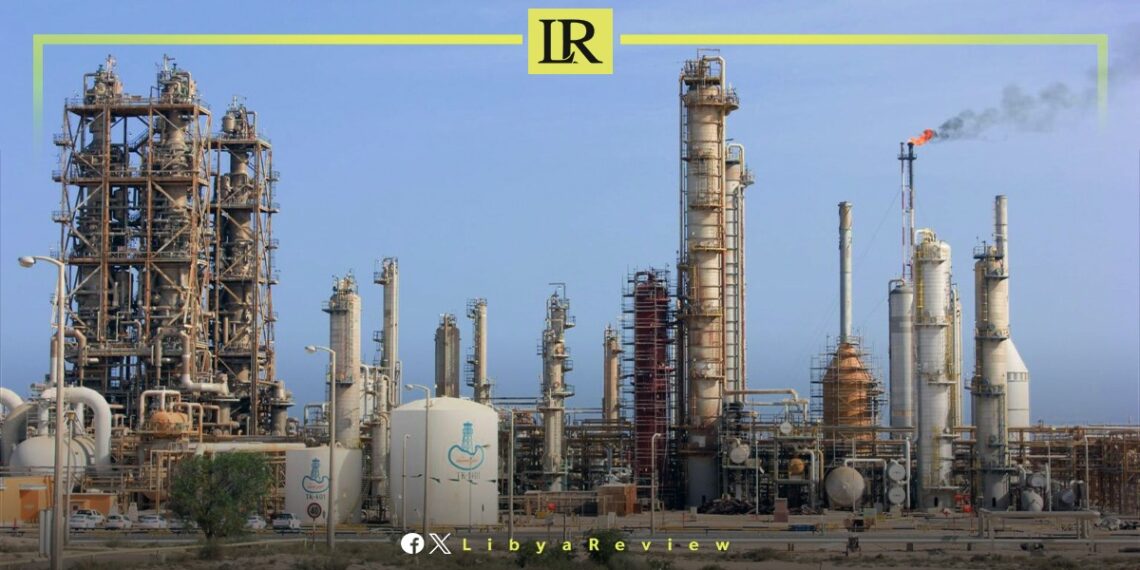Abdel-Hamid Dbaiba, the Head of the Libyan outgoing Government of National Unity (GNU), has called on leading American oil and gas companies to resume their operations in Libya.
Dbaiba and the Acting Minister of Oil and Gas, Khalifa Abdulsadek, reviewed the outcomes of Abdul-Sadiq’s meetings with major American companies in the oil and gas sector.
They discussed the vision for the return of leading American oil companies to work in Libya, aiming to support the National Oil Corporation’s (NOC) plan to increase oil and gas production to two million barrels per day.
Abdul-Sadiq confirmed that American companies, including ConocoPhillips, are eager to engage in the projects and explorations that the NOC plans to launch, and they are keen to expand their activities in Libya, according to a statement from the government’s media office.
Libya has secured the second position in oil production rates in Africa. The country saw a significant increase in production rates last April, according to Business Insider Africa.
The report, based on data from OPEC, noted that most African OPEC member countries experienced a decline in oil production, with the exception of Libya, Algeria, and Congo. Libya ranks second after Nigeria, which recorded the highest oil production in Africa.
In March, Libya recorded the largest monthly increase in oil production in Africa, surpassing Nigeria, the continent’s largest crude oil producer.
Libya has begun operating the new pipeline from its North Hamada oilfield with an initial transfer capacity expected at 2,000 barrels per day (bpd), the National Oil Corporation (NOC) said on Monday.
According to an NOC statement, the North Hamada field, which is operated by Nafusah Oil Operations, is expected to increase transfer capacity through the line to 25,000 bpd before eventually reaching 10,000 bpd in September as part of the field’s first development stage, NOC’s statement said, Reuters reported.
The NOC added that the 50-kilometer pipeline, which transports oil production to the Mellitah port, has a design capacity of 70,000 barrels per day.
Libya’s oil industry is a critical component of its economy, providing the bulk of national revenue. However, the industry has faced significant challenges over the past decade due to political instability and conflict following the fall of Muammar Gaddafi in 2011. Various factions have vied for control over the country’s oil resources, leading to disruptions in production and export activities.
The North Hamada oil field, located in the western part of Libya, has been a focus of development efforts by the NOC and Nafusa Oil Operations. The new pipeline project is part of a broader strategy to enhance Libya’s oil infrastructure and increase production capacity. This development is crucial for stabilizing the country’s oil output and boosting its economic recovery.
The start of operations for the new pipeline is a positive step for Libya’s oil sector. Increasing production capacity can significantly bolster the national economy, providing much-needed revenue for reconstruction and development projects. The initial output of 2,000 barrels per day, to reach 25,000 barrels per day, represents a substantial increase in Libya’s oil production capacity.


